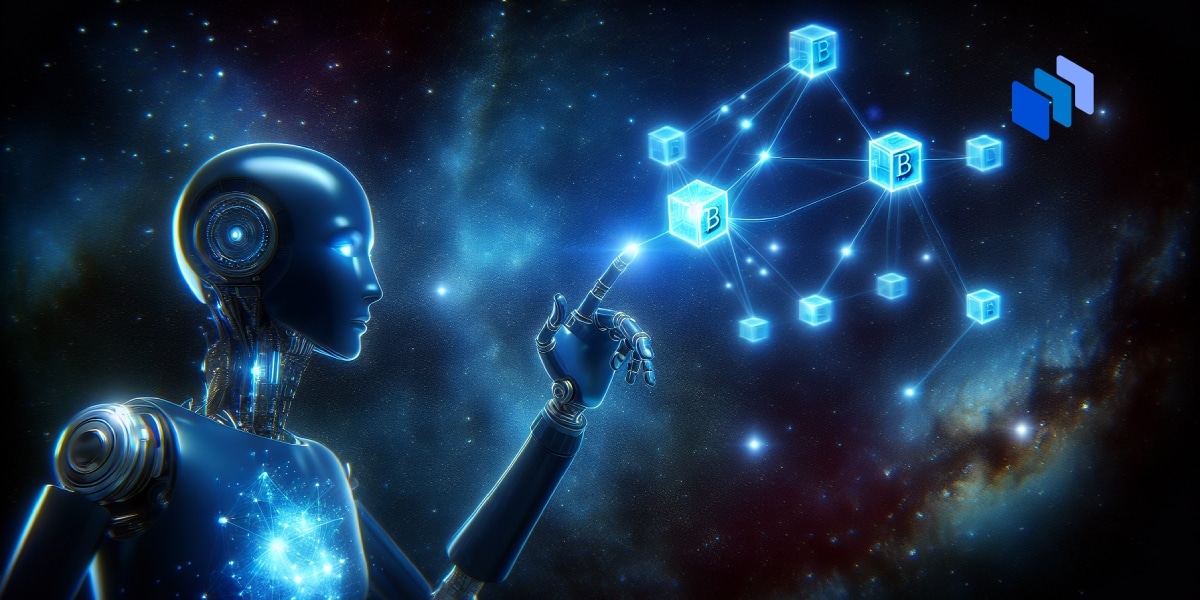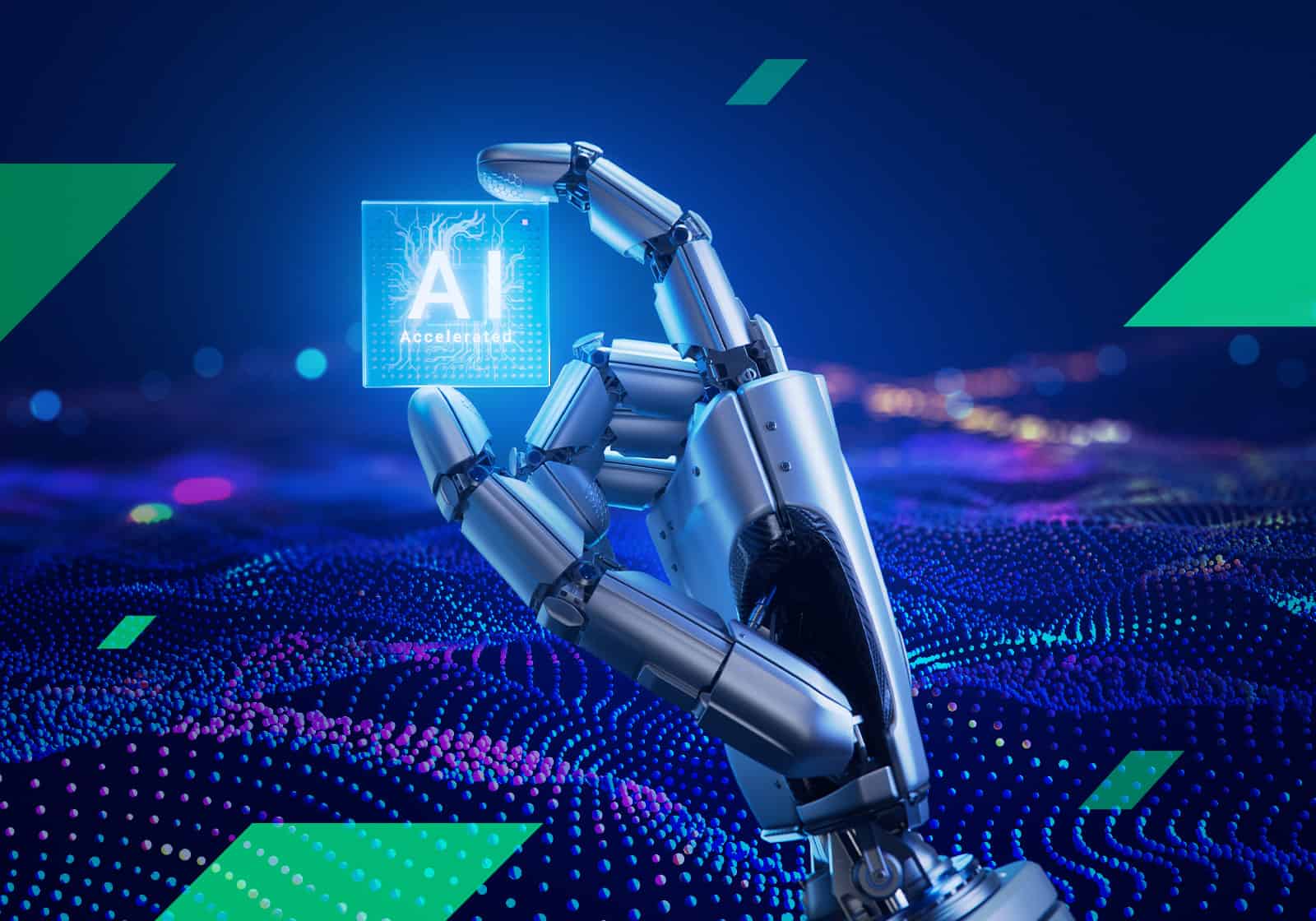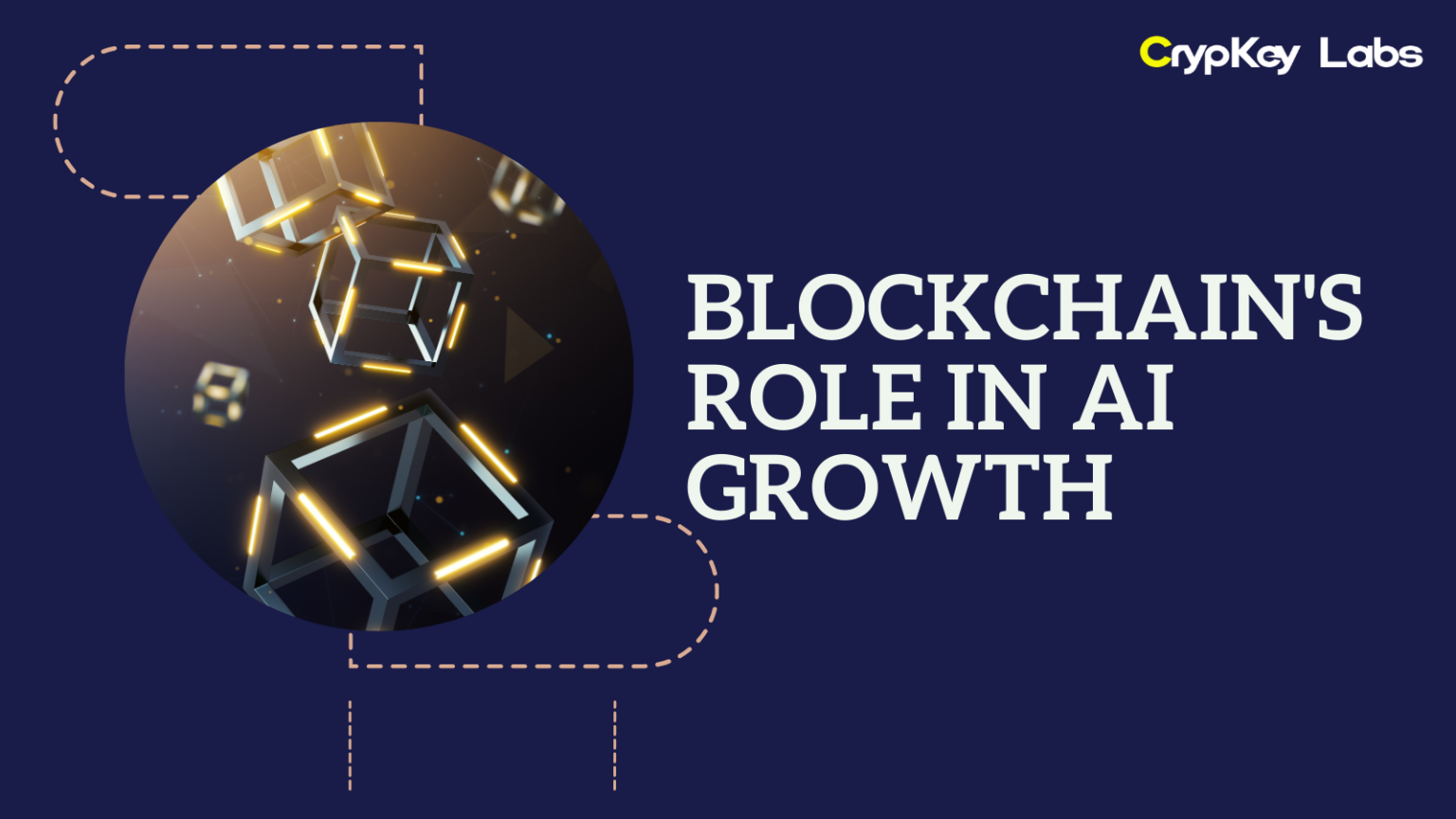In today’s digital landscape, two of the most transformative technologies are Blockchain and Artificial Intelligence (AI). Individually, both have made groundbreaking advances in various industries, but when combined, they create a synergy that has the potential to reshape the way we interact with technology. In this blog, we will explore Blockchain’s role in AI growth, discussing how these two technologies work together to drive innovation, improve security, and enhance transparency in AI applications.
Understanding Blockchain and AI
Before diving into how Blockchain supports AI, it’s important to first understand what these technologies are and how they function.
What is Blockchain?
At its core, Blockchain is a decentralized digital ledger technology that records transactions in a secure, transparent, and immutable way. It works by storing data across multiple computers or nodes, ensuring that no single entity has full control over the data. This decentralization provides increased security, reduces fraud, and enhances transparency—features that are highly beneficial for AI applications.
What is AI?
Artificial Intelligence (AI) refers to the ability of machines to perform tasks that traditionally require human intelligence, such as learning, reasoning, problem-solving, and decision-making. AI has applications in almost every industry today—from autonomous vehicles to healthcare, finance, and entertainment. However, for AI to function effectively, it needs vast amounts of data, high computational power, and trusted systems to ensure that the insights drawn are accurate and unbiased.
How Blockchain Supports AI Innovation
Blockchain technology plays a pivotal role in addressing some of the biggest challenges that AI faces, such as data security, data quality, and transparency.
Enhanced Data Security
One of the major concerns in AI development is ensuring the security of the vast amounts of data required for training AI models. Blockchain’s decentralized nature helps to secure data by encrypting it and distributing it across multiple nodes. This means that AI systems can access data without compromising its privacy or integrity. Furthermore, Blockchain ensures that once data is recorded, it cannot be altered, providing a permanent record of transactions or data exchanges.
Data Integrity and Provenance
AI systems rely on large datasets for training and making predictions. If the data used is corrupted or unreliable, it can negatively impact AI outcomes. Blockchain helps ensure data integrity by offering an immutable record of data transactions. Every interaction with data can be tracked and verified on the Blockchain, giving AI systems greater trust in the datasets they are trained on. This ensures that the data is accurate, up-to-date, and verified from trusted sources.
Decentralized AI Training
Blockchain enables decentralized AI models, where AI training can occur across a distributed network rather than being centralized in one organization or data center. Federated Learning, a concept enabled by Blockchain, allows multiple parties to collaborate on AI training without sharing raw data. This is a game-changer in industries like healthcare and finance, where data privacy is crucial.
Blockchain’s Role in AI Trustworthiness
One of the biggest concerns around AI is trust. Many AI algorithms, particularly machine learning models, function as “black boxes,” meaning that it’s difficult to understand how they arrive at their decisions. Blockchain can make AI more trustworthy by adding transparency and accountability to AI processes.
Ensuring Transparency in AI Models
Blockchain can make AI processes more transparent by recording every step of an AI model’s decision-making process on a public ledger. This is especially important in sectors such as healthcare and finance, where decisions made by AI can have significant consequences. By using Blockchain, AI systems can offer auditability, enabling stakeholders to track and verify how decisions were made and the data that influenced them.
Fighting Bias and Inequality
Bias in AI algorithms is a significant issue, especially when it comes to applications such as hiring, lending, and criminal justice. Blockchain can help combat bias by auditing AI models and ensuring they are trained on fair, diverse, and representative datasets. With Blockchain, organizations can create an auditable trail of how AI models were trained, helping to identify and correct biases before they become systemic issues.
Use Cases of Blockchain in AI
The combination of AI and Blockchain is already transforming industries and creating new opportunities. Here are a few notable use cases where Blockchain is helping drive AI growth:
Supply Chain Optimization
Blockchain, coupled with AI, can bring unprecedented transparency and efficiency to supply chains. AI can optimize inventory management, predict demand, and detect fraud, while Blockchain ensures that every transaction, from raw materials to the final product, is accurately recorded and verifiable. This synergy improves trust among supply chain partners and enhances overall efficiency.
Autonomous Vehicles
Self-driving cars depend heavily on AI for decision-making. Blockchain can provide the data security and trust required for autonomous vehicles to make real-time decisions. By using Blockchain, data from sensors, maps, and traffic systems can be securely shared between vehicles and traffic management systems, allowing for safer and more reliable autonomous travel.
Finance: AI for Fraud Detection
AI plays a crucial role in detecting fraud in the financial sector. By combining AI with Blockchain, financial institutions can enhance their fraud detection systems. Blockchain provides a tamper-proof ledger for transactions, while AI algorithms analyze patterns to identify unusual activity. Together, they create a more secure financial environment.
Overcoming Challenges: Blockchain + AI
While the synergy between Blockchain and AI offers significant benefits, there are challenges that need to be addressed to maximize their potential.
Scalability and Integration
Scaling Blockchain for AI applications can be challenging, especially given the large volumes of data AI systems require. However, innovative solutions, such as Layer 2 scaling and hybrid Blockchain models, are helping to overcome these challenges. Integrating Blockchain with existing AI infrastructure also requires careful consideration to ensure that both technologies work seamlessly together.
Energy Consumption and Sustainability
Both Blockchain and AI can be energy-intensive technologies, especially when large datasets are processed or complex computations are involved. The environmental impact of AI and Blockchain is a growing concern, but there are sustainable solutions being developed, such as energy-efficient consensus algorithms and AI-powered energy management systems.
The Future of Blockchain and AI Synergy
Looking ahead, the continued convergence of Blockchain and AI will drive innovation and create new opportunities. As these technologies evolve, we can expect to see even more seamless integration between them, leading to smarter, more secure, and more efficient systems.
Predictions and Emerging Trends
In the next decade, the combination of Blockchain and AI is likely to revolutionize industries like healthcare, finance, supply chain management, and even government services. Decentralized AI models, autonomous systems, and secure data exchanges will become more prevalent, leading to a more transparent, efficient, and equitable digital ecosystem.
Conclusion
In conclusion, Blockchain’s role in AI growth is not just a passing trend; it’s a powerful partnership that promises to unlock immense potential in various industries. From enhanced data security and integrity to ensuring trust and transparency in AI models, Blockchain is the perfect enabler for AI innovation. As we continue to explore this exciting fusion of technologies, the future of AI looks brighter, safer, and more reliable than ever before.
As we move forward, the possibilities are endless—stay tuned to see how Blockchain and AI will continue to shape our world for the better.







